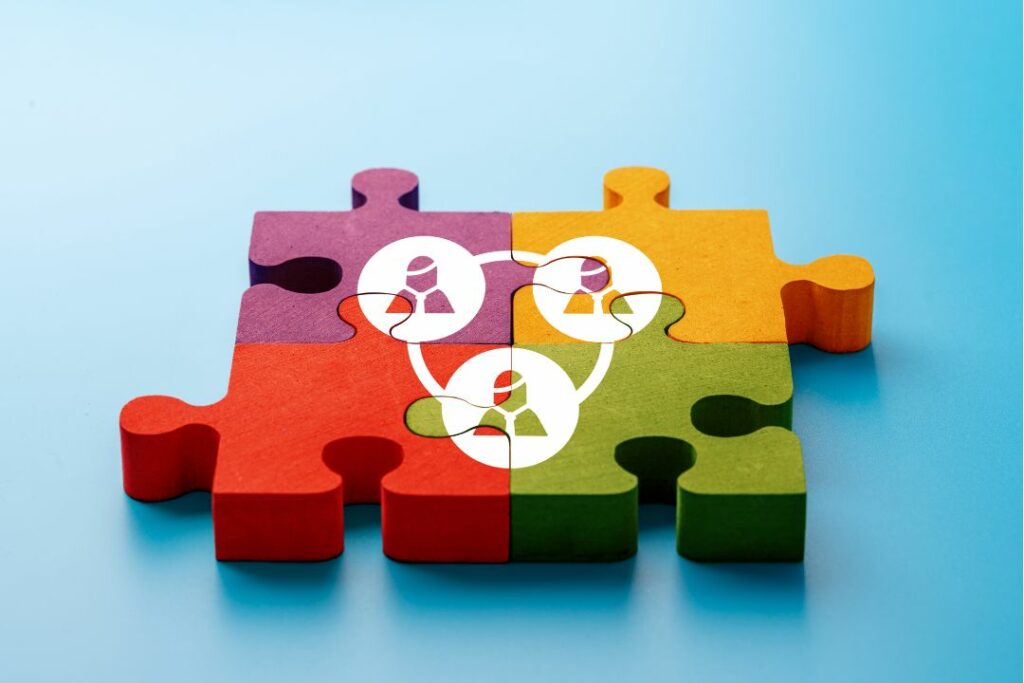HR Trends That Will Shape the Workplace in 2024

Despite the Pandemic being far behind us, one might assume that most HR departments have returned to business as usual. However, this is far from the truth. In addition to continuing to grapple with the balance between in-office, remote, and hybrid work arrangements, today’s HR professionals also face the impact of emerging technologies, shifting workforce demographics, the creation of an inclusive culture of employee well-being, and enhanced employee engagement.
With so much going on and the increasingly prominent role HR leaders now play in business decision-making, staying ahead of the curve is crucial for HR professionals. They are constantly faced with new trends and challenges that demand adaptability and innovation.
Key trends shaping the HR landscape in 2024
HR professionals are constantly confronted with new trends and challenges that require adaptability and innovation. Here are some of the key trends shaping the HR landscape in 2024:
Digital Transformation and Automation
Technology is rapidly transforming the workplace, leading to the automation of tasks, the emergence of new roles, and the need for continuous upskilling and reskilling. The demand for skilled workers in specialised fields like technology, healthcare, and engineering is outpacing supply, creating a competitive talent landscape.
Key Implications:
- HR professionals need to be proactive in identifying and upskilling employees for the digital economy.
- HR teams need to develop strategies for attracting and retaining talent in the competitive tech and healthcare sectors.
- HR leaders need to create a culture of innovation and creativity to adapt to the changing workplace.
Remote Work and Hybrid Models
The COVID-19 pandemic accelerated the adoption of remote work arrangements, and many businesses are embracing hybrid models that combine in-office and remote work options. This shift has had a profound impact on HR practices, including talent acquisition, onboarding, performance management, and employee well-being.
Key Implications:
- HR professionals need to develop new policies and procedures for managing a remote workforce.
- HR teams need to provide training and support for employees working remotely.
- HR leaders need to manage a sense of connection and belonging among distributed teams.

Diversity, Equity, and Inclusion (DEI)
Companies are increasingly recognising the importance of DEI and are taking steps to create inclusive workplaces that value and respect all employees. This includes diversifying the workforce, addressing unconscious bias, and creating a culture of belonging for all employees.
Key Implications:
- HR professionals need to play a leading role in developing and implementing DEI initiatives.
- HR teams need to measure and track progress on DEI goals.
- HR leaders need to hold executives accountable for DEI outcomes.
How Can HR Become More Effective?
To successfully navigate these dynamic trends, HR professionals need to commit to continuous learning and adaptation. Here are some key tips for enhancing HR effectiveness:
Become a Lifelong Learner
HR should pursue continuous learning opportunities through online courses, workshops, certifications, and professional development programs. They should also stay informed about industry trends through publications, conferences, and networking events. (see links below)
Master Emerging Technologies
HR should embrace technology to improve operational efficiency, enhance employee engagement, and gain insights into workforce trends. They should explore the use of HR technology tools, data analytics, and artificial intelligence to enhance their work.
Create a Culture of Continuous Learning
HR can help to create a culture that encourages and supports employee learning, providing opportunities for skill development, knowledge sharing, and professional growth. They can do this by implementing initiatives such as:
- Promoting employee training and development programs
- Encouraging knowledge sharing
- Recognising and rewarding learning achievements

Prioritise Employee Well-being
HR can implement initiatives that promote physical and mental health, work-life balance, and employee engagement. Some places to start:
- Encouraging healthy work habits
- Providing access to wellness resources
- Promoting work-life balance
Adopt a Global Mindset
In today’s globalised economy, HR can expand their networks and knowledge bases to attract and retain talent from diverse backgrounds. They can do this by:
- Building relationships with international HR professionals
- Staying informed about global labour markets
- Developing an understanding of cultural differences
Champion Sustainability and Social Responsibility
HR leaders can play a role in promoting sustainability and social responsibility within their organisations. They can do this by:
- Incorporating sustainability into HR practices
- Supporting ethical sourcing and fair labour practices
- Encouraging employee engagement in sustainability initiatives
By embracing continuous learning, adaptation, and these additional tips, HR can effectively navigate the evolving workplace, driving business success while creating a positive and productive work environment for all. They can play a pivotal role in shaping a future of work that is both sustainable and rewarding and above all, create an environment where people thrive and enjoy their work.
Resources for HR Professionals: Ireland and UK Legislation
Irish Legislation
- National Skills Strategy (2022-2025)
- Future Skills Ireland (FSI) Action Plan 2023
- Safety, Health and Welfare at Work (General) Regulations 2013
- Work-Life Balance and Miscellaneous Provisions Act 2023
- Equal Status Acts 1998-2021
- Workplace Equality Fund
UK Legislation
Additional Resources
CIPD Ireland – Chartered Institute of Personnel and Development Ireland
IHRIM – Institute of Human Resource Management Ireland
